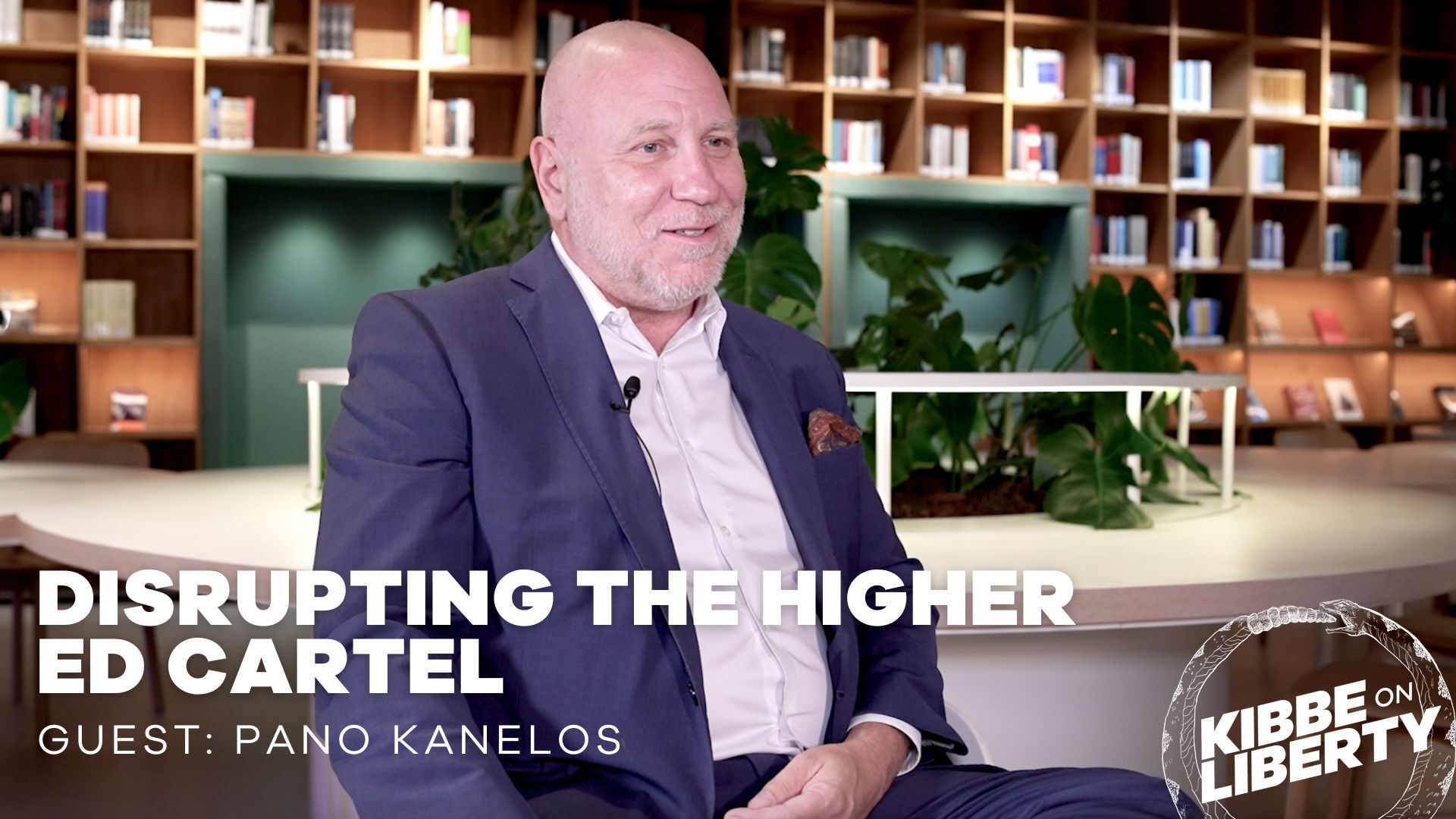
Coronavirus Forces Us to Ask, Is School Necessary?
In these dark times, it’s important to look for bright spots wherever they may be found, and while I don’t wish to minimize the suffering our country—and indeed the world—is going through right now, both from the perspective of economic and physical health, I think we could all use a little good news.
As longtime readers will no doubt recall, I’m no great fan of America’s education bureaucracy, particularly as it’s implemented in public schools. A cross between glorified babysitters and indoctrination machines, these schools not only fail America’s children on an educational level, as every international statistic attests, but in many cases they place kids in environments rife with drugs, depression, peer pressure, and school shootings. Is physical danger and emotional trauma really the price we have to pay for raising intelligent and successful children? Perhaps not.
As a result of the COVID-19 pandemic, the nation’s schools are closed indefinitely, and for the first time in recent memory, parents are having to figure out what to do with their kids at home. It’s an adjustment process, to be sure, and I don’t blame parents for being upset, especially in families where both parents still have to work full-time jobs. But as the old saying goes, the word for crisis and opportunity are the same in… some language that I’d better not reference in the current climate.
You see, I have firsthand experience that tells me that it’s not absolutely necessary to send your kids to a special building for six hours a day, five days a week from ages six to eighteen, to have knowledge drilled into them by an underpaid government bureaucrat. My sister and I were unschooled as children, largely directing our own educations from about the time that we could speak. What is unschooling, you ask? It’s a form of homeschooling that eschews traditional curricula and school hours for a more holistic approach involving real world experience and lots of self-directed reading.
The theory behind unschooling is that children are natural learners, eager to soak up knowledge about the world so long as it isn’t imposed on them by force. Left to their own devices, with the gentle hands of their parents to guide and encourage them, children will learn what they need to learn and then some, and they’ll do it with pleasure. Personally, I don’t need any convincing that this theory is true because I lived it, along with my sister who is now unschooling her two daughters, and we both grew up to be highly successful adults, both with Master’s Degrees. I can understand, however, how others may struggle with this leap of faith.
After all, we’ve been told that school is the only pathway to success so often and with such force that it’s hard to expect anyone to doubt it unless they’ve seen the alternative with their own eyes.
As the schools extend their closures from days to weeks to possibly months, this seems like the ideal opportunity for families to perform a little experiment. What do your kids do when they have nothing else to do? What happens when they have no more soccer practice, piano lessons, or ballet class due to quarantine? What happens when there are no summer camps, shopping malls, or movie theaters to fill the long hours of childhood? If you have kids at home, I urge you to take a step back and observe them. Don’t assign them any more work than is necessary, don’t push them into participating in your own favorite activity; let them be bored, and see what emerges from that boredom.
It’s certainly possible, even likely, that at first they will turn to television and video games as a respite from all the imposed learning they normally have to contend with. That’s natural. But everyone has interests, even if it takes a while for them to emerge. Sooner or later, electronic stimulation becomes tedious, and their young minds will yearn for something more substantial. It may not be what you’re expecting. Maybe your child has an interest in art, in music, in photography, or filmmaking. Maybe there’s a fascination with animals or language or cooking. When you start to notice this tendency, don’t push it, but nurture it as you would a small campfire, gently providing the fuel necessary to keep it growing without being so vigorous as to stamp it out.
And if this experiment doesn’t work out, no big deal. Schools will reopen again eventually, and life can go back to normal. But it’s just possible that your children might learn, and even enjoy learning, more than they did when confined by the school system’s definition of what is necessary or acceptable material. And while I understand that most schools are continuing to apply distance learning techniques to their students during the quarantine, even this can teach us a valuable lesson about how children learn. It may well be that not having to share a classroom with other kids united by age but divided by everything from interests, personality, and natural aptitude, could work wonders for students’ performance, or at the very leave save time ordinarily wasted on crowd control and disciplinary measures.
I’ve seen a number of people express hope that the COVID-19 pandemic will encourage employers to embrace a work from home mentality that long outlasts the virus itself. My own hope is that we see a similar increase in schooling from home, where kids can be safer, freer, and most importantly, happier. Is school really necessary? I suspect many of us are about to find out.
Free the People publishes opinion-based articles from contributing writers. The opinions and ideas expressed do not always reflect the opinions and ideas that Free the People endorses. We believe in free speech, and in providing a platform for open dialogue. Feel free to leave a comment.



